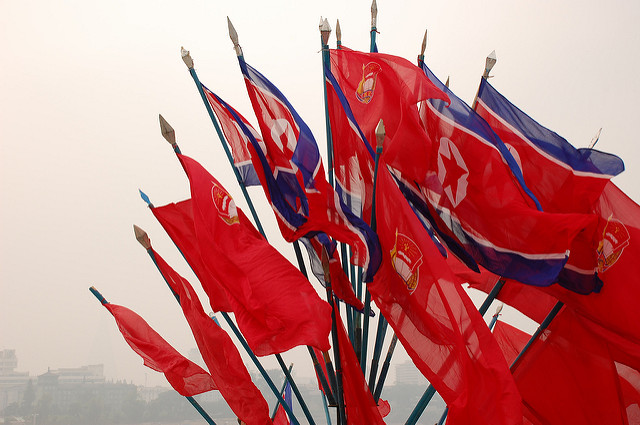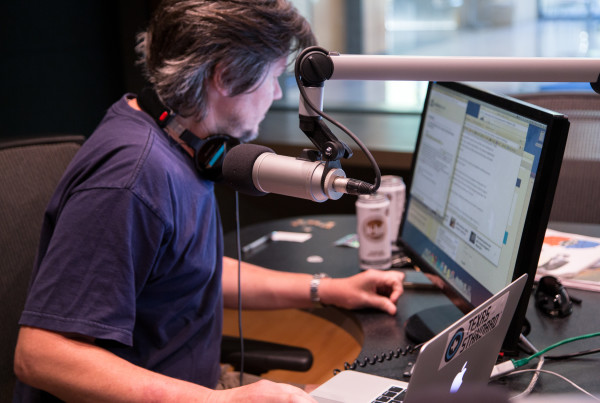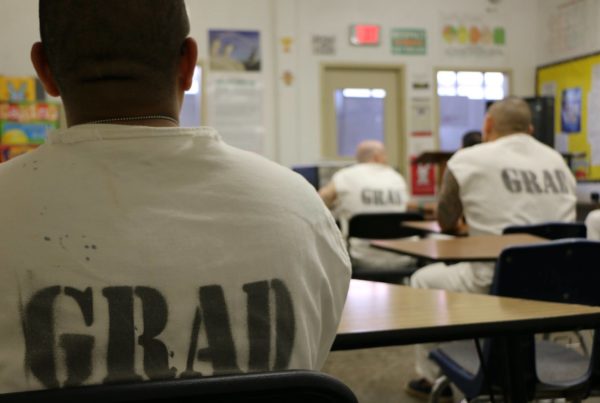As Texas Standard went to air, three American hostages held by North Korea were reported to be enroute to the U.S. This news comes as the world reacts to President Donald Trump’s decision to pull the plug on U.S. participation in the Iranian nuclear deal, and as prelude to the summit sought by Trump with North Korean leader, Kim Jong Un.
Peter Baker writes in the New York Times that what we’re seeing is an emboldened White House putting teeth in the “America first” idea.
Jeremi Suri is a professor and Mack Brown distinguished chair for leadership in Global Affairs at the LBJ School of Public Affairs at the University of Texas at Austin, and the author of a recent article in the Atlantic about why the presidency is an impossibly big job. He says that while many in the foreign policy establishment are open to initiatives that disrupt traditional, and often failed, patterns in international affairs, the president’s approach isn’t all that novel.
“A lot of what [the president] is doing is not new. It’s old bullying tactics that not only go back to the 20th century, but go back to the pre-Cold War period in our history,” Suri says. “When the United States in the early 20th century first used the phrase ‘America first.’”
Suri says the approach goes back to World War I, when the U.S. did not sign the Treaty of Versailles.
Suri says what’s new in the 21st century is the ability of small countries to have an outsized impact in the world, and at the expense of superpowers.
“The real 21st century quandary,” he says, “is how a big, enormous power like the U.S. can gain leverage over these small, pesky countries like Iran and North Korea, that have proved remarkably resilient in resisting our power.”
Suri says the current situation with regard to North Korea is certainly better than it was a few months ago, when the countries’ leaders called one another names and made aggressive military threats.
“The fundamental problem is this – the North Koreans have now developed intercontinental ballistic capabilities, which the United States has been vehemently opposed to for all kinds of reasons,” Suri says. “We have seen no evidence yet that the North Koreans will give those up.”
Written by Shelly Brisbin.
















